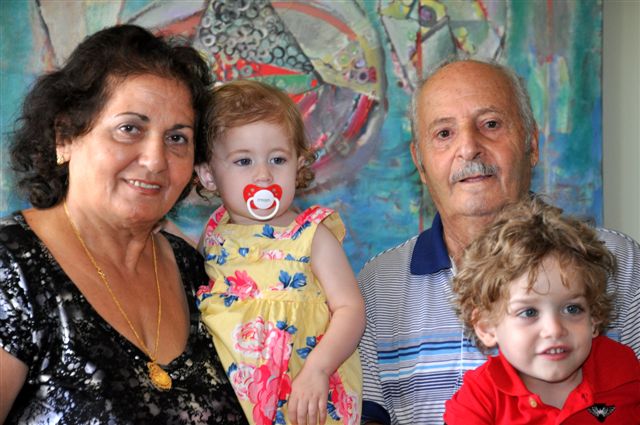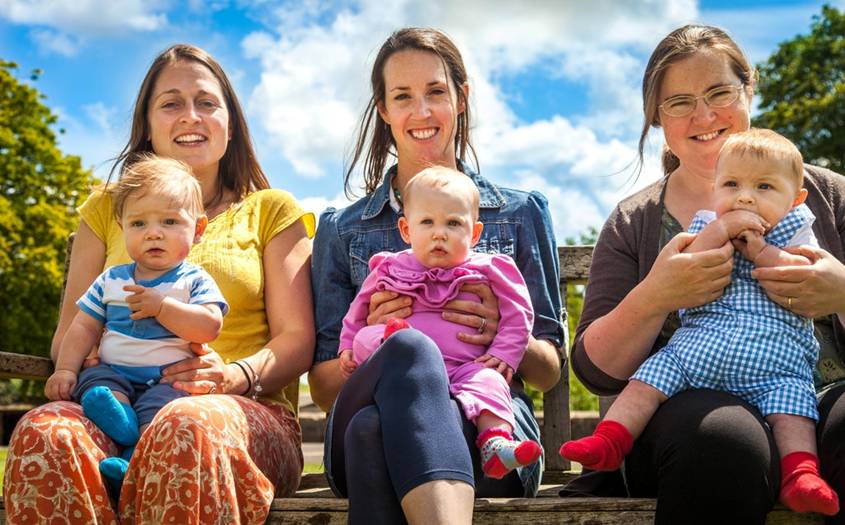Breastfeeding is one of the greatest tools when raising babies. It is the easiest way to “take your kitchen with you” and feed your baby wherever you go. You don’t need to measure quantities or temperature, no containers, no washing afterwards and you don’t need a pharmacy to help your baby with its immune system.
When Eden was born, I had a huge infection and a very high fever. For a week or so, I was not allowed to breastfeed her. In the nursery, they gave her a bottle every 4 hours, like clockwork. We stayed in the hospital like this for 10 days. Once I was released home, everyone told me I wouldn’t be able to breastfeed. I was so disappointed.
I quickly decided, “No way! I will breastfeed!”. Eden was so used to the bottle, I had to use a plastic nipple but I persisted and she breastfed beautifully. No problems at all. I was even extra lucky. She was used to the 4 hours cycle, so breastfeeding was easy and on a schedule. Let me tell you, having 3.5 hours of sleep in between feeds for a new mom was a luxury.


